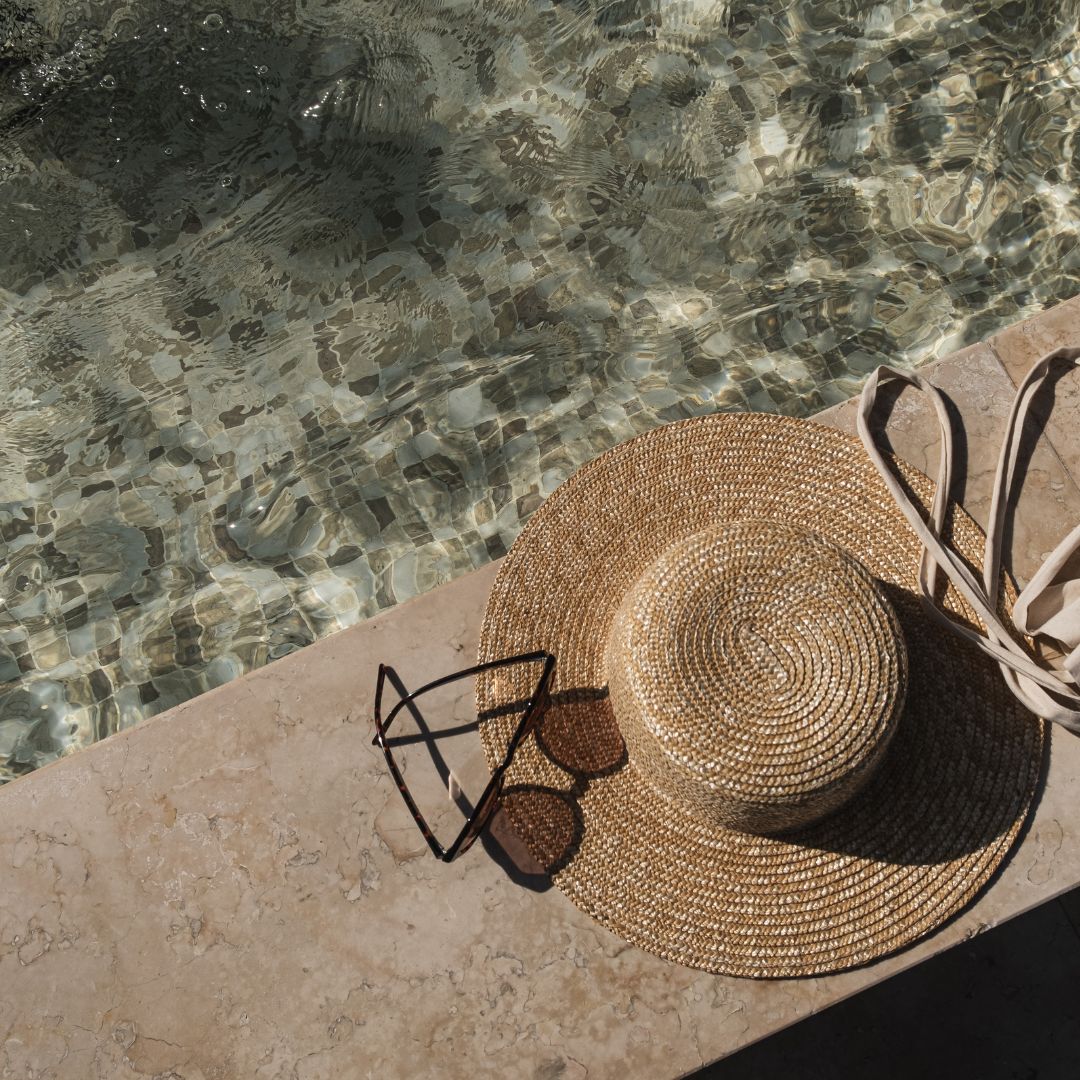
Mastering your wellbeing on-the-go
Travelling is an exciting adventure that allows us to explore new places, cultures, and experiences. It's a time to relax, unwind, and take a break from our daily routine. However, amidst the fun and relaxation, our wellbeing can sometimes suffer.
The Impact of Travelling on Wellbeing
When travelling, the usual routine often goes out the window, and that is perfectly fine. However, this change can lead to disruptions in our diet, exercise, and sleep patterns. Studies have shown that people tend to consume more calories, less health-beneficial foods, and more alcohol while on vacation, which can negatively impact overall health and wellbeing [1]. Additionally, reduced physical activity during travel can contribute to feelings of guilt and increased stress. Irregular sleep patterns and jet lag further compound the issue, leaving you feeling fatigued and less energised.
Furthermore, travelling leads to increased exposure to different pathogens that your immune system may not be familiar with, particularly if travelling across time zones to different parts of the world, with different environments, hygiene levels and food.
Research suggests that the stress associated with travel and the exposure to new environments can weaken our immune system, making us more susceptible to infections [2].
Also, when the body finally gets the chance to rest, it shifts into recovery mode and starts addressing the stressors it had been holding onto, leading to symptoms of illness. This explains why many people tend to get sick as soon as they relax or go on holiday. Add on the stress of getting ready for holiday, booking trips, getting all your work done before going away, dealing with travel hick-ups like cancelled or delayed flights, and we get a full cocktail of stressors of all kinds.
How to Optimise Your Wellbeing While Travelling
While travelling provides an opportunity to unwind and enjoy new experiences, it is important to take into account the toll it can have on the body and mind. To avoid the irony of what is meant to be a relaxing experience making you more stressed and feeling unwell, try to stick to the basics of balanced living. We are absolutely not saying you should stress out about the extra food or drinks you are consuming or that you should feel guilty for skipping your workouts. Simply, think of the healthy swaps or add ons you could include into your holiday routine.
Incorporate Movement into New Experiences
For example, instead of sticking to your regular workout routine, why not explore new places by foot? You will be surprised how many steps you can get by just walking around! Perhaps you could stay active by exploring some hike routes, trying surfing and other watersports? Remember, movement should be fun, especially when on holiday.
Pack a Travel Wellness Kit
Tend to get sick as soon as you relax or have a sensitive belly? Make sure to pack your wellness travel kit, including a probiotic to keep your gut bugs happy, vitamin C to support immunity, and omega-3 for its anti-inflammatory effects. Also, try to eat lots of fruit, vegetables and oily fish to get those benefits from the diet first.
Expand Your Dietary Variety
Travelling can be a great opportunity to treat your gut microbiota with different plant varieties you don’t get at home. Use this chance and diversify your meals by exploring different restaurants and ordering things to share with your travel buddies to get a bigger exposure to different foods.
Catch Up with Sleep
While you can’t actually catch up with lost sleep, keep in mind that your holiday is your chance to reset. Yes, go out and have fun too, but especially if you are in a different time zone, schedule in a few calmer nights and slower mornings to be able to replenish your sleep needs. You may want to bring a melatonin supplement to help you fall asleep.
Remember, a well-nourished and active body will ensure you have the energy and vitality to make the most of your travels and create cherished memories.
References:
- Smith, A. P., & Kuznetsova, A. (2014). Travel, stress, and health: A longitudinal diary study. Journal of travel research, 53(6), 731-744.
- Cohen, S., Tyrrell, D. A., & Smith, A. P. (1993). Psychological stress and susceptibility to the common cold. New England Journal of Medicine, 329(9), 606-612.



